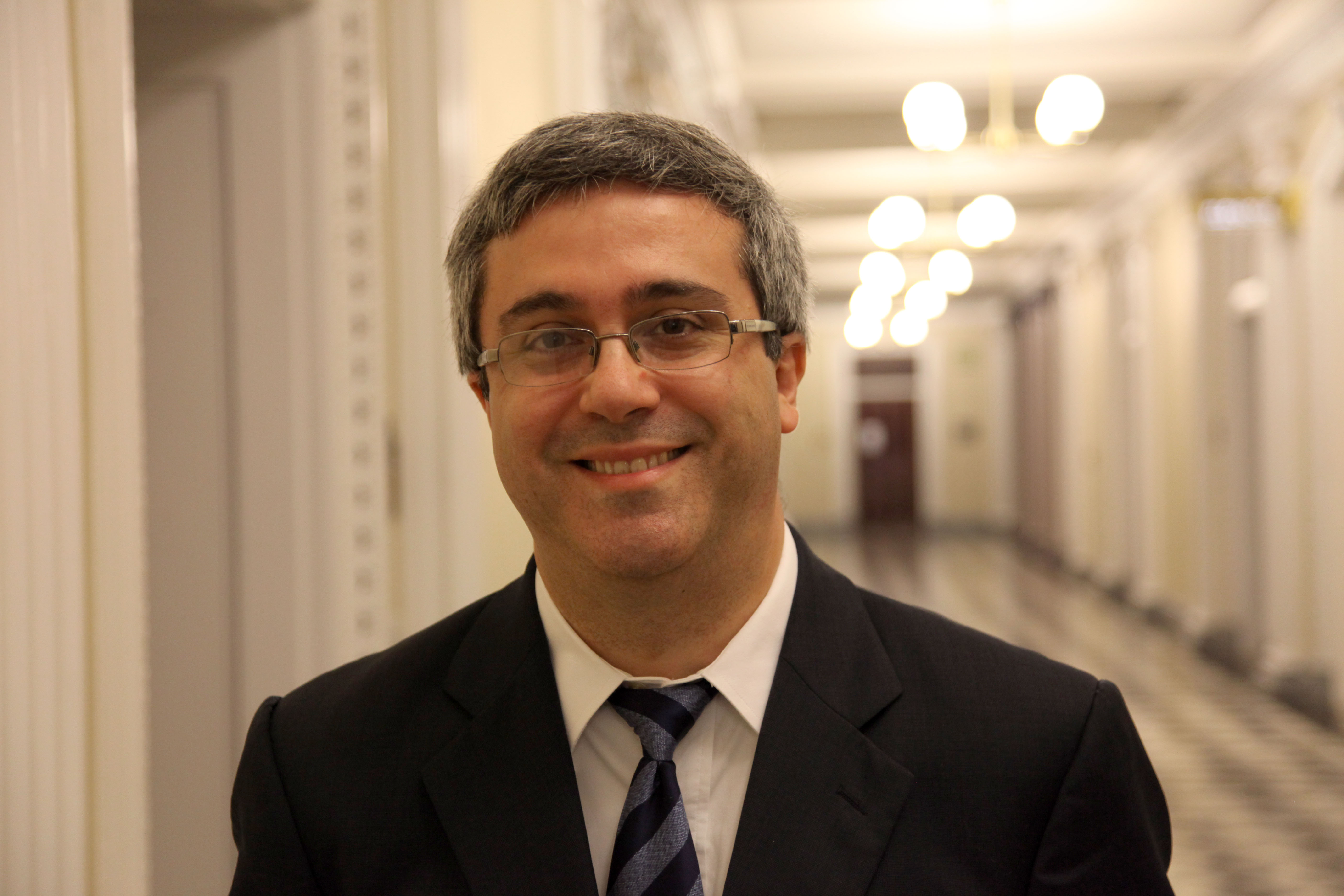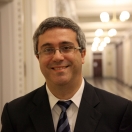
Ed. Note: Champions of Change is a weekly initiative to highlight Americans who are making an impact in their communities and helping our country rise to meet the many challenges of the 21st century.
For two years, I have been honored to lead the terrific staff of MALDEF, one of the nation’s leading civil rights legal organizations, in pursuing a mission of promoting the rights of all Latinos living in the United States. MALDEF, founded in 1968, was consciously conceived to simulate the NAACP Legal Defense and Education Fund, whose great victory in Brown v. Board of Education so dramatically changed life and law throughout the United States. MALDEF’s unique contribution among our sister national Latino advocacy groups is to bring legal knowledge and activity, including a sizeable amount of litigation, to the shared goal of social progress.
Of course, the last 43 years have significantly affected MALDEF’s mission. With the 2010 Census confirming Latinos’ status as the nation’s largest minority group, representing one in six Americans, the demand for MALDEF’s services has surely increased. Simultaneously, over MALDEF’s lifetime, some have begun to doubt the efficacy of law as a tool of significant social change. At MALDEF, we strongly believe that litigation and legal advocacy remain critical in ensuring the progress of our nation.
In twenty-first century America, it is true that we are unlikely to see the kind of seismic, dramatic court outcome that the nation experienced in Brown. Yet Brown itself came only at the end of a protracted litigation campaign, coupled with important non-litigation activity, to change a nation’s mindset. The law and legal practice can still contribute significantly to progress, through both courtroom victories (and even defeats) and through mutual support of other approaches to progressive change. Whether inside the courthouse or out, in the legislature or in the community, law and lawyers have much to contribute, particular in our current political atmosphere.
In 2011, we see too many elected leaders – governors, legislators, sheriffs, mayors – who, despite swearing an oath to support the Constitution, champion policy proposals that plainly and directly violate well-established constitutional precedent and principle. Often, these proposed laws target the growing Latino population. While not unprecedented, this level of open defiance of the Constitution by elected leaders brings our nation troublingly close to constitutional crisis.
At the same time, these unscrupulous leaders both invigorate and exploit a popular movement – of unknown but limited magnitude – that includes demands, often delivered in colonial garb, to reclaim the Constitution. Yet, in almost a debased and extreme version of the judicial philosophy of originalism, such activists seem most interested in using the Constitution to return to an earlier historical era when entrenched intolerance established strict class distinctions among our nation’s people.
Far from a vehicle to return to a less-equal and more divisive era, our Constitution is the unifier of all Americans. Even the most recent immigrant, in whatever status, has some notion, albeit nascent and inchoate, of our constitutional principles; that notion is in part what drives migration to our nation of freedom and opportunity. In an era when our Constitution, our universal legal bond, is misunderstood, and therefore abused and exploited, every lawyer and law student, regardless of career path, has a critical role to play, in both professional and neighborhood settings, in vindicating constitutional principles and contributing to our nation’s progress.
Thomas A. Saenz is the President and General Counsel of MALDEF, where he leads the civil rights organization's five offices in pursuing litigation, policy advocacy, and community education to promote the civil rights of Latinos living in the United States.



